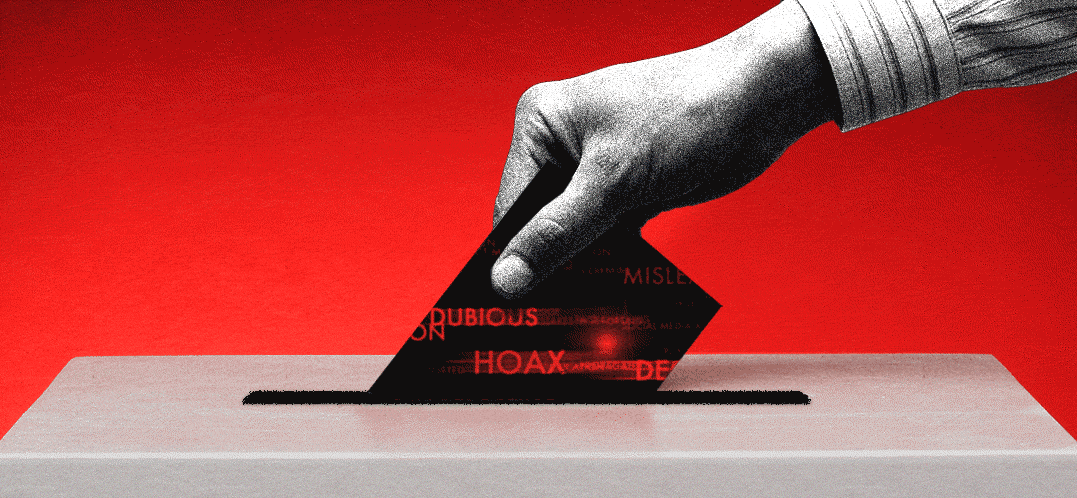
Civil society leader Edmund Yakani has welcomed President Salva Kiir’s recent commitment to holding national elections in December 2026, calling it a crucial step toward democratic transition in South Sudan.
However, he warned that without genuine political will, institutional readiness, and sufficient resources, the elections could once again be postponed.
Yakani was responding to a public statement following President Kiir’s meeting with the Chairperson of the National Elections Commission, during which the President reaffirmed his administration’s intention to proceed with the scheduled polls.
Yakani described the elections as “the only viable option” for a peaceful and democratic transfer of power.
“It is really true that elections are the only viable option at hand now for transitioning the country from violence to peace, and for ensuring an honorable and peaceful transfer of power,” Yakani said.
His remarks align with those of the United Nations Security Council, which has emphasized that timely elections are critical to sustaining peace in South Sudan. In renewing the mandate of the United Nations Mission in South Sudan (UNMISS), Council members stressed that the successful conduct of elections is central to breaking the cycle of conflict.
But Yakani cautioned that elections in 2026 can only be credible if they are held under what he termed “good enough conditions.” These include political consensus, institutional capacity, adequate funding, and broad-based dialogue.
“Elections require solid and absolute political will,” Yakani stressed. “This means strengthening the institutions responsible for election preparations and ensuring they are resourced adequately.”
He also pointed out that South Sudan’s electoral laws might need amendment, which can only be achieved through inclusive political engagement and consensus among leaders.
To this end, Yakani proposed convening a National Roundtable on the Viability of Elections to assess the country’s preparedness and define the necessary conditions for a credible vote.
“We are ready to collaborate with the National Elections Commission to organize a national roundtable so that we can collectively define what ‘good enough conditions’ look like,” he said.
However, Yakani expressed concern over ongoing violence and military confrontations across the country, warning that continued insecurity could derail electoral preparations.
“The continuous, horrific, and disturbing violations — including airstrikes — are inflicting a painful toll on our citizens and complicating the situation,” he noted. “We need to stop this now.”
He urged national leaders to take full ownership of the democratic process rather than depending on international actors to drive it forward.
“We must show the world how we want democracy to function in our country,” Yakani asserted. “Any postponement or manipulation of the 2026 elections will severely undermine the legitimacy of the government.”
He concluded with a pointed message to South Sudan’s decision-makers:
“Conducting the election by December 2026 is not optional. It is essential for our national legitimacy, peace, and future stability.”

